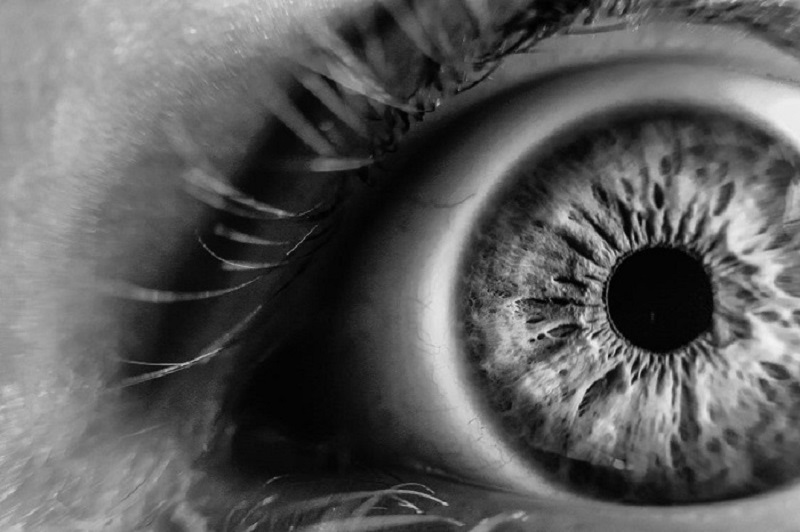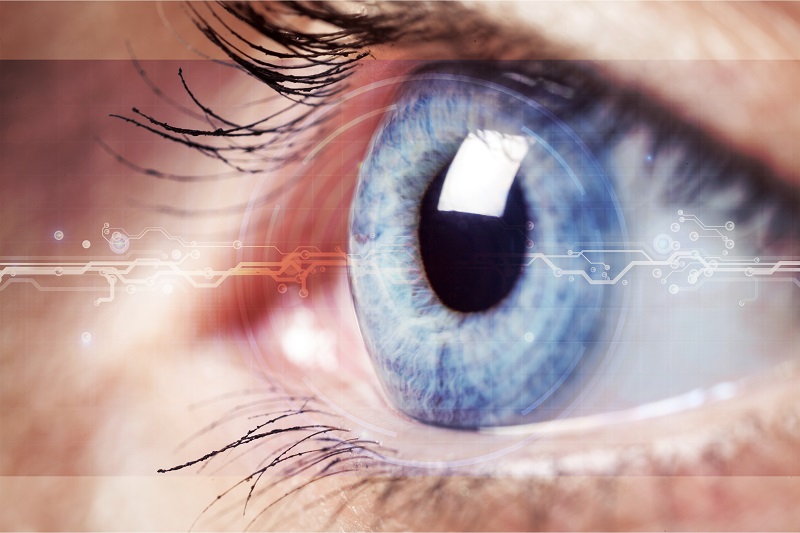One of the more common symptoms of possible eye problems is blurry vision. Sometimes it’s simply an indication that you’re not getting enough sleep. However, in most cases it points to worsening eyesight or even a more serious health problem.
What is blurry vision
Blurry vision is a condition that causes objects to appear out of focus. It can affect both eyes, but it’s not rare to experience blurred vision in one eye only. It is often mistaken for cloudy vision, a condition specifically associated with cataracts.
Causes of blurry vision
Most cases are a result of one (or more) of the following refractive errors:
1. Myopia: Also known as nearsightedness, it’s the most common refractive error, causing distant objects to appear blurred and out of focus.
2. Hyperopia: Also called farsightedness, it’s condition in which objects up close appear blurred and out of focus.
3. Presbyopia: Literally meaning “old eyes”, it’s a naturally occurring condition (usually symptoms begin at the age of 40) where the ability to focus on close objects gets worse. The symptoms are similar to hyperopia, but the physiological cause is different.
4. Astigmatism: A refractive error in which the eye can’t focus light evenly on the retina, which causes blurred vision at all distances.
Dry eye syndrome, pregnancy, migraines and over-using disposable contact lenses have also been known to cause blurred vision.
Treating blurry vision
The most common correction to blurred vision is wearing prescription glasses. If a person is suffering only from myopia or hyperopia, single vision glasses will do. For people suffering from presbyopia or astigmatism and struggle focusing on objects at more than one range of vision, progressive lenses, also known as multifocals, are the best way of seeing things clearly again. For people already wearing prescription glasses and are experiencing blurry vision, switching the Rx is recommended.
Everything said about prescription glasses can be said about contact lenses for people who find eyeglasses less comfortable. Refractive surgery is another way of correcting this condition.

Symptom of a more serious problem
Blurry vision doesn’t usually happen overnight; instead, it usually comes in the form of gradual decline. However, sudden blurred vision is a reason for concern and it’s important to seek medical diagnosis and treatment. The following conditions can even result in permanent vision loss:
1. Cataracts: A change in vision such as blurred or cloudy vision is a potential symptom of cataracts. Without proper treatment, it can grow to a level of obstructing vision and even blindness. Cataracts surgery is very successful in restoring vision.
2. Glaucoma: Characterized by sudden narrowing of the field of vision, accompanied with blurred edges of the field of view. Like cataracts, not seeking treatment can eventually lead to a complete loss of vision.
3. Age-related Macular Degeneration: A leading cause of blindness among people aged 50 and above, which includes a gradual loss and blurring of vision.
Blurry vision isn’t always a cause for concern, especially when it’s a negligible blurring that isn’t permanent. In this case, it usually means that you’re underslept (solution: get some sleep), exposed your eyes to too much sunlight (solution: wear sunglasses) or suffering from eye strain (solution: rest your eyes a little bit more).










